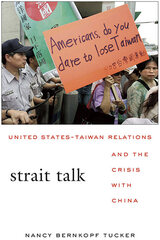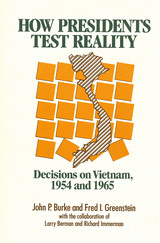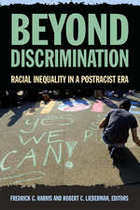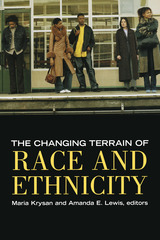The Politics of Kinship: Race, Family, Governance
Duke University Press, 2024
eISBN: 978-1-4780-5900-4 | Cloth: 978-1-4780-2104-9 | Paper: 978-1-4780-3000-3
Library of Congress Classification E184.A1.R484 2024
See other books on: African American families | Family policy | Government relations | Indigenous Studies | Kinship
See other titles from Duke University Press
eISBN: 978-1-4780-5900-4 | Cloth: 978-1-4780-2104-9 | Paper: 978-1-4780-3000-3
Library of Congress Classification E184.A1.R484 2024
ABOUT THIS BOOK | AUTHOR BIOGRAPHY | REVIEWS | TOC | REQUEST ACCESSIBLE FILE
ABOUT THIS BOOK
What if we understood the idea of family as central to representing alternative forms of governance as expressions of racial deviance? In The Politics of Kinship, Mark Rifkin shows how ideologies of family, including notions of kinship, recast Indigenous and other forms of collective self-organization and self-determination as disruptive racial tendencies in need of state containment and intervention. Centering work in Indigenous studies, Rifkin illustrates how conceptions of family and race work together as part of ongoing efforts to regulate, assault, and efface other political orders. The book examines the history of anthropology and its resonances in contemporary queer scholarship, contemporary Indian policy from the 1970s onward, the legal history of family formation and privacy in the United States, and the association of blackness with criminality across US history. In this way, Rifkin seeks to open new possibilities for envisioning what kinds of relations, networks, and formations can and should be seen as governance on lands claimed by the United States.
See other books on: African American families | Family policy | Government relations | Indigenous Studies | Kinship
See other titles from Duke University Press




























